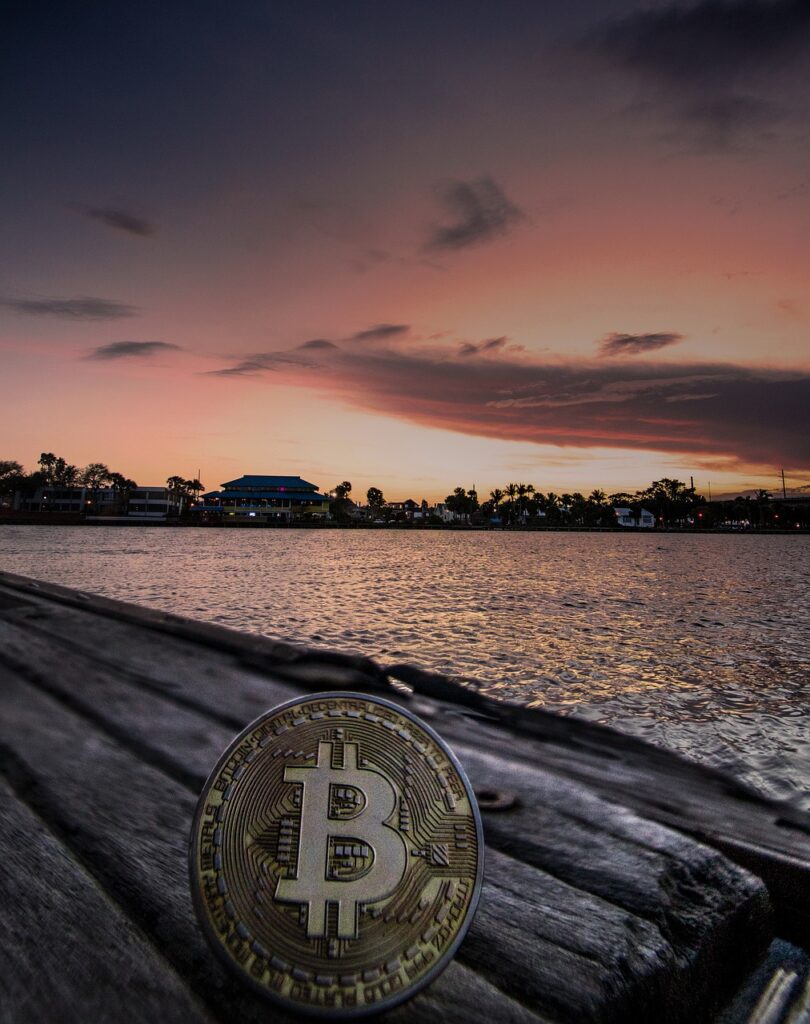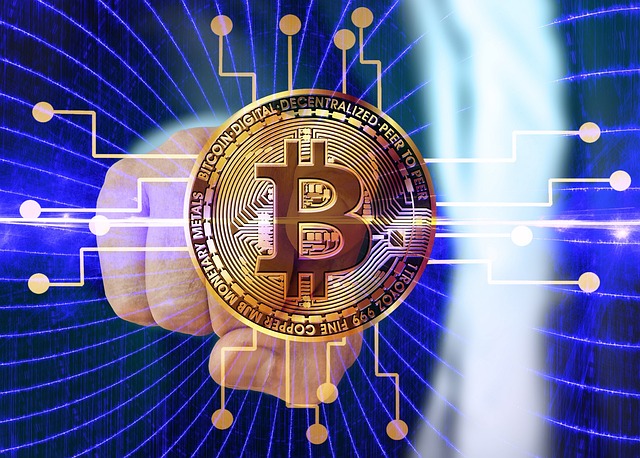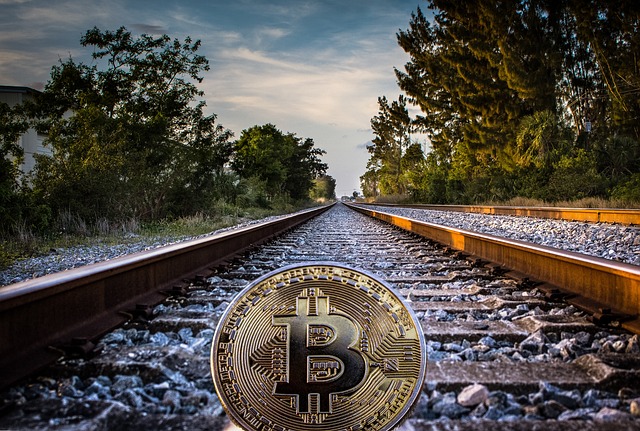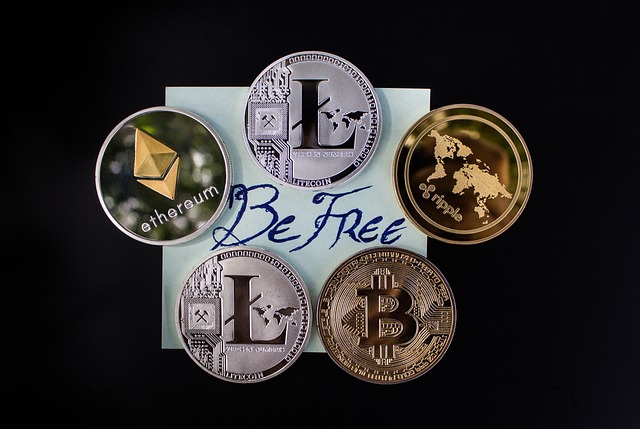Decentralized Finance Pros and Cons in [Year]: A Comprehensive Analysis
Decentralized Finance Pros and Cons in [Year]: A Comprehensive Analysis

Understanding the Basics of Decentralized Finance
Decentralized finance, also known as DeFi, is an emerging concept that has been making waves in the financial world. At its core, DeFi refers to the use of blockchain technology and smart contracts to create financial systems that operate independently of centralized authorities. Unlike traditional finance, which relies on intermediaries such as banks, DeFi aims to provide individuals with direct and unrestricted access to financial services. This decentralized nature has the potential to disrupt and transform conventional banking systems, making way for a more inclusive and accessible financial landscape.
One of the key features of decentralized finance is its ability to enable peer-to-peer transactions without the need for intermediaries. This means that individuals can transact with one another directly, removing the need for banks or other financial institutions to facilitate the process. By leveraging blockchain technology, DeFi platforms offer an immutable and transparent ledger that records all transactions, ensuring the security and integrity of the system. Additionally, smart contracts play a crucial role in automating the execution of predefined rules and agreements, eliminating the need for intermediaries to enforce them. This not only streamlines the process but also reduces costs and potential points of failure.
Exploring the Advantages of Decentralized Finance
Decentralized finance, also known as DeFi, has gained significant attention in recent years due to its numerous advantages. One of the main benefits is the elimination of intermediaries, such as banks or financial institutions. With decentralized finance, individuals can directly interact with the financial ecosystem, removing the need for middlemen and reducing associated costs. This provides greater transparency and control over financial transactions, as users can track their funds in real-time without relying on third-party verification.
Moreover, decentralized finance offers enhanced accessibility and inclusivity to individuals who lack access to traditional banking services. With a smartphone and an internet connection, anyone can participate in DeFi applications. This technology has the potential to bring financial services to unbanked populations, creating opportunities for economic empowerment and financial inclusion. Additionally, decentralized finance enables seamless cross-border transactions with minimal fees and no restrictions, revolutionizing the way money is transferred globally. These advantages make DeFi an attractive alternative for individuals seeking more efficient and inclusive financial solutions.
Potential Drawbacks of Decentralized Finance
While decentralized finance offers a range of benefits, it is important to also consider its potential drawbacks. One major concern revolves around the lack of regulation and oversight. Unlike traditional financial systems, decentralized finance operates on a peer-to-peer network, which means there is no central authority ensuring compliance with laws and regulations. As a result, there is a higher risk of scams, fraud, and money laundering, as individuals can exploit the system without facing consequences. Moreover, the absence of established rules and guidelines leaves investors susceptible to market manipulation and volatility, as decentralized finance platforms often lack the mechanisms to prevent such incidents.
Another potential drawback of decentralized finance is the issue of scalability. Blockchain technology, which underpins decentralized finance, has limitations in terms of transaction processing speed and capacity. As the popularity of decentralized finance grows and more users participate, the network may become congested, leading to slower transaction times and higher fees. This could pose challenges for mass adoption and scalability, particularly if the technology is unable to keep up with increasing demand. Additionally, the energy consumption associated with blockchain technology has also raised concerns, as the energy-intensive process required for mining cryptocurrencies can have negative environmental impacts.
The Role of Blockchain Technology in Decentralized Finance
Blockchain technology plays a pivotal role in decentralized finance (DeFi), revolutionizing the way financial transactions are conducted. At its core, blockchain is a distributed ledger that enables secure and transparent record-keeping. In the context of DeFi, blockchain is the underlying technology that allows for the seamless transfer and verification of digital assets without the need for intermediaries such as banks or financial institutions.
The decentralized nature of blockchain ensures that transactions are recorded on a network of computers rather than a central authority, enhancing security and reducing the risk of fraud. Furthermore, the immutable nature of blockchain ensures that once a transaction is recorded, it cannot be altered or tampered with. This feature provides trust and transparency, making it an ideal technology for DeFi applications. By eliminating the need for intermediaries, blockchain technology empowers individuals to have full control over their financial assets, facilitating financial autonomy and inclusivity.
How Decentralized Finance Can Empower Financial Inclusion
Decentralized finance has the potential to bring financial inclusion to individuals who have been traditionally excluded from the formal financial system. By leveraging blockchain technology, decentralized finance platforms offer a range of financial services that are accessible to anyone with an internet connection, regardless of their location or socio-economic background.
One of the key ways decentralized finance empowers financial inclusion is by providing individuals with access to basic banking services. Traditional banking systems often require extensive documentation and have high minimum deposit requirements, making it difficult for those living in remote areas or with limited financial resources to open a bank account. In contrast, decentralized finance platforms can enable individuals to store and transfer money using only a smartphone, helping to bridge the gap between the banked and unbanked populations. Moreover, decentralized finance can also facilitate cross-border transactions at a fraction of the cost compared to traditional remittance services, making it easier for migrant workers to send money back home to their families.
Assessing the Security Measures in Decentralized Finance
Decentralized finance (DeFi) has gained significant traction in recent years, promising a more inclusive and secure financial system. However, security concerns remain a crucial aspect when assessing the reliability of DeFi protocols and platforms. Despite the robustness of blockchain technology that underpins these systems, they are not immune to vulnerabilities and attacks.
One of the primary security measures in DeFi is smart contract audits. Smart contracts, which facilitate transactions and automate agreements without intermediaries, can be audited to identify potential bugs or vulnerabilities. These audits are performed by specialized firms that thoroughly review the code to ensure its integrity and security. While audits are crucial, they are not foolproof, and vulnerabilities can still be missed, leading to potential exploits. Therefore, it is paramount for DeFi projects to constantly strive for rigorous auditing processes and engage with reputable audit firms to minimize the risks associated with smart contracts.
The Impact of Decentralized Finance on Traditional Financial Institutions
Traditional financial institutions have long held a dominant position in the global economy, providing a centralized system for managing and transferring funds. However, the emergence of decentralized finance (DeFi) is starting to disrupt this established landscape. DeFi offers an alternative approach by leveraging blockchain technology to facilitate peer-to-peer transactions without the need for intermediaries.
One of the key impacts of DeFi on traditional financial institutions is the potential disintermediation of banking services.

Regulatory Challenges and Opportunities in Decentralized Finance
Regulatory challenges and opportunities in decentralized finance are a key aspect to consider as this innovative field continues to evolve. One of the main challenges lies in the fact that decentralized finance operates on a global scale, making it difficult for traditional regulatory frameworks to keep up. Without a centralized authority overseeing transactions and governing activities, there is often a lack of clarity in terms of legal obligations and responsibilities. This creates uncertainty for both users and regulators, as they grapple with questions of jurisdiction and accountability.
However, amidst these challenges, there are also significant opportunities for regulatory frameworks to adapt and embrace decentralized finance. By developing innovative policies and guidelines, regulators can foster a supportive environment that enables the growth of this emerging sector. Embracing decentralized finance can open up new avenues for financial inclusion and empower individuals who have historically been excluded from traditional financial systems. This is particularly relevant in countries with limited access to banking services, where decentralized finance can play a crucial role in providing financial services to the unbanked population. Regulatory frameworks that strike the right balance between consumer protection and innovation can unleash the full potential of decentralized finance, driving economic growth and creating a more inclusive financial landscape.
Real-World Applications and Success Stories of Decentralized Finance
In recent years, decentralized finance (DeFi) has gained significant traction, with various real-world applications and success stories showcasing its potential.

Another exciting application of DeFi lies in decentralized exchanges (DEX). These platforms operate without a central authority, enabling users to trade cryptocurrencies directly from their digital wallets. This eliminates the need for intermediaries, such as traditional exchanges, and enhances user privacy and control over their assets. Moreover, decentralized exchanges are available 24/7, providing greater market liquidity and improving the overall trading experience. This innovation has not only facilitated efficient and secure trading but also created opportunities for individuals in regions with limited access to traditional financial systems to participate in the global digital economy.
The Future of Decentralized Finance: Opportunities and Potential Risks
The future of decentralized finance is filled with both opportunities and potential risks. On one hand, decentralized finance offers a revolutionary way to access financial services without the need for intermediaries.

However, as with any emerging technology, there are risks that need to be carefully considered. One of the major concerns is the lack of regulations and oversight in the decentralized finance space. Without proper regulatory frameworks, there is a higher probability of fraud, scams, and market manipulation. Moreover, the automated nature of decentralized finance platforms can pose risks such as smart contract vulnerabilities and hacking attempts. Additionally, the highly volatile nature of decentralized finance assets amplifies the potential for investors to face significant losses. It is crucial for policymakers and industry players to address these risks and strike a balance between innovation and investor protection in order to shape the future of decentralized finance in a responsible and sustainable manner.
• Decentralized finance offers accessibility to financial services without intermediaries
• Empowers individuals excluded from traditional financial systems
• Allows anyone with internet and a smartphone to participate in lending, borrowing, and investing
• Opens opportunities for wealth growth, capital access, and building an inclusive financial system
Risks:
• Lack of regulations and oversight in decentralized finance space
• Higher probability of fraud, scams, and market manipulation
• Smart contract vulnerabilities and hacking attempts due to automated nature of platforms
• Highly volatile nature amplifies potential for significant investor losses
Importance:
• Policymakers and industry players must address risks
• Balance between innovation and investor protection is crucial
• Responsible approach needed for sustainable future of decentralized finance.
What is decentralized finance?
Decentralized finance, commonly known as DeFi, refers to a financial system that operates on blockchain technology without the need for intermediaries like banks or traditional financial institutions.
What are the advantages of decentralized finance?
Decentralized finance offers several advantages, such as increased financial inclusion, lower fees, faster transactions, greater transparency, and accessibility to a wider range of financial products and services.
Are there any drawbacks to decentralized finance?
Yes, there are potential drawbacks to decentralized finance, including the higher risk of scams and hacks, lack of regulatory oversight, potential for market manipulation, and the need for users to understand and manage their own funds securely.
How does blockchain technology play a role in decentralized finance?
Blockchain technology is the underlying infrastructure that enables decentralized finance. It ensures transparency, immutability, and security of transactions and data, allowing for trustless and efficient financial interactions.
How can decentralized finance empower financial inclusion?
Decentralized finance removes the need for traditional gatekeepers and intermediaries, making financial services accessible to anyone with an internet connection. This can benefit individuals in underserved or unbanked areas, giving them access to loans, savings, and investment opportunities.
What security measures are in place in decentralized finance?
While decentralized finance offers enhanced security through encryption and blockchain technology, there are still risks, such as smart contract vulnerabilities and hacking attempts. Users should exercise caution, use secure wallets, and follow best practices to protect their funds.
How does decentralized finance impact traditional financial institutions?
Decentralized finance disrupts traditional financial institutions by offering alternative financial services that are more efficient, cost-effective, and accessible. Traditional institutions may need to adapt and integrate blockchain technology to stay relevant.
What regulatory challenges and opportunities exist in decentralized finance?
Decentralized finance poses challenges for regulators due to its global and decentralized nature. However, it also presents opportunities for regulatory innovation to ensure consumer protection, prevent illicit activities, and foster responsible growth in the industry.
Can you provide real-world applications and success stories of decentralized finance?
Yes, decentralized finance has been used for various applications such as lending platforms, decentralized exchanges, stablecoins, and yield farming. Success stories include projects like Compound, Aave, Uniswap, and MakerDAO, which have gained popularity and demonstrated the potential of DeFi.
What does the future hold for decentralized finance?
The future of decentralized finance is promising, with opportunities for continued innovation, increased adoption, and the potential to reshape the financial industry. However, it also comes with potential risks, such as regulatory challenges, scalability issues, and the need to address security vulnerabilities.
Todays Featured Product:
Buy, exchange and grow your crypto securely with a Ledger hardware wallet, combined with the Ledger Live app. It’s never been easier to keep your crypto safe and accessible. Buy direct from Ledger.com and get todays Special Offers Here.




